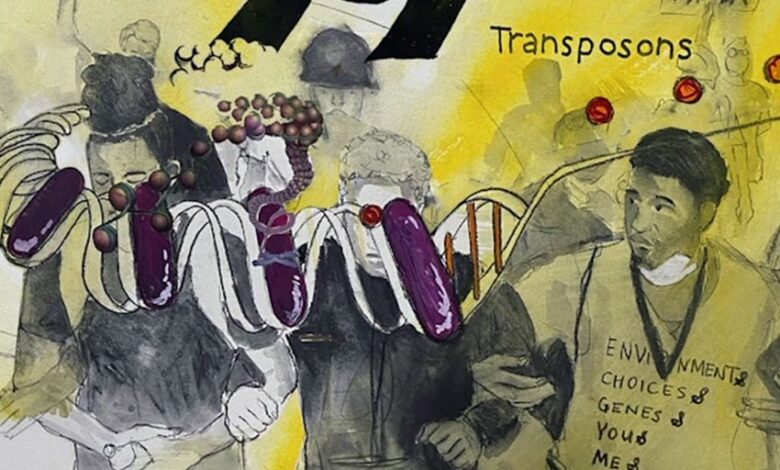Arts & Social Justice

The Arts and Social Justice Fellows program invites local artists into Emory classrooms to collaborate with faculty and students, using existing courses to explore social justice issues and create artistic projects.
It was created in partnership between the Emory College Center for Creativity and the Arts and the Ethics and the Arts program within the Emory University Center for Ethics.
Out of a pool of more than 70 applicants, six Atlanta-area artists were selected as the inaugural cohort of Arts and Social Justice Fellows. They were paired with six Emory faculty members, whose courses covered topics that included zoning, contracts and environmental racism; epigenetics and the human condition; film, media and the art of social change; feminism and the art of activism; and prevention of mental and behavioral disorders.
The program included classes in Emory College of Arts and Sciences, Oxford College, Goizueta Business School and the Rollins School of Public Health.
“Bringing these artists together with a group of scholars representing the undergraduate and professional schools offers critical nuance to the public dialogue about these issues and prepares college students to face them with courage and compassion in the real world,” says Carlton Mackey, co-creator of the Arts and Social Justice Fellows program and director of the Ethics and the Arts program.
Students in Film, Media and the Art of Social Change created a documentary for the nonprofit Gangstas to Growers. Hear them explain why they took the class.
Each month throughout the semester, the full cohort of six faculty, six ASJ Fellows and their students gathered to learn about each other’s work and exchange ideas.
Final projects encouraged student expression through film, poetry, photography, painting and other visual works, which were presented in a virtual showcase last month and may be viewed on the program’s newly launched website. The Emory Center for Digital Scholarship worked with the ASJ project team to build the website, with ECDS digital scholarship specialist Kayla Shipp acting as lead consultant.
Introducing the Dec. 15 virtual showcase, Emory President Gregory L. Fenves praised the program, noting that “in times of crisis and unrest, the role of art becomes even more important in our lives as a source of comfort, strength and shared understanding.”
For Arts and Social Justice program co-creator Kevin Karnes, some of the most powerful moments of the event featured students talking about their own experiences.
Inviting artists into the classroom helped “move conversations into very different spaces, challenging everyone to think about their disciplines differently than they ever have before and helping artists to reimagine their own work,” says Karnes, associate dean for the arts in Emory College of Arts and Sciences and director of the Emory Center for Creativity and the Arts.
Moving forward, “our plan is to sustain these conversations, to take this into a year-round program,” he adds.
Faculty and artist applications for the 2021 Arts & Social Justice Fellowship will open in late spring.



